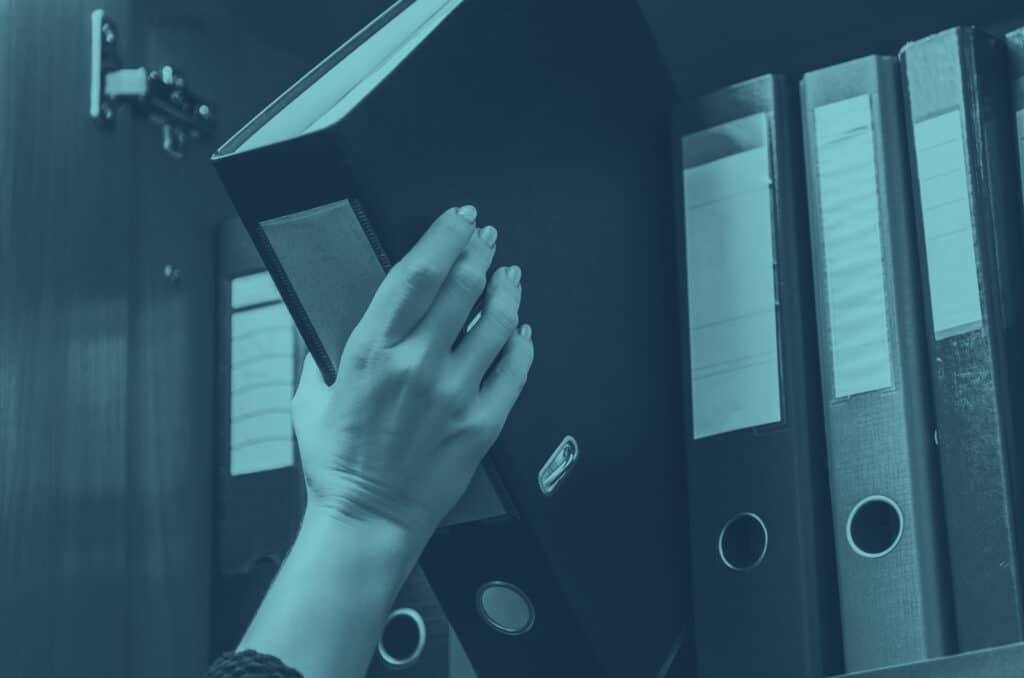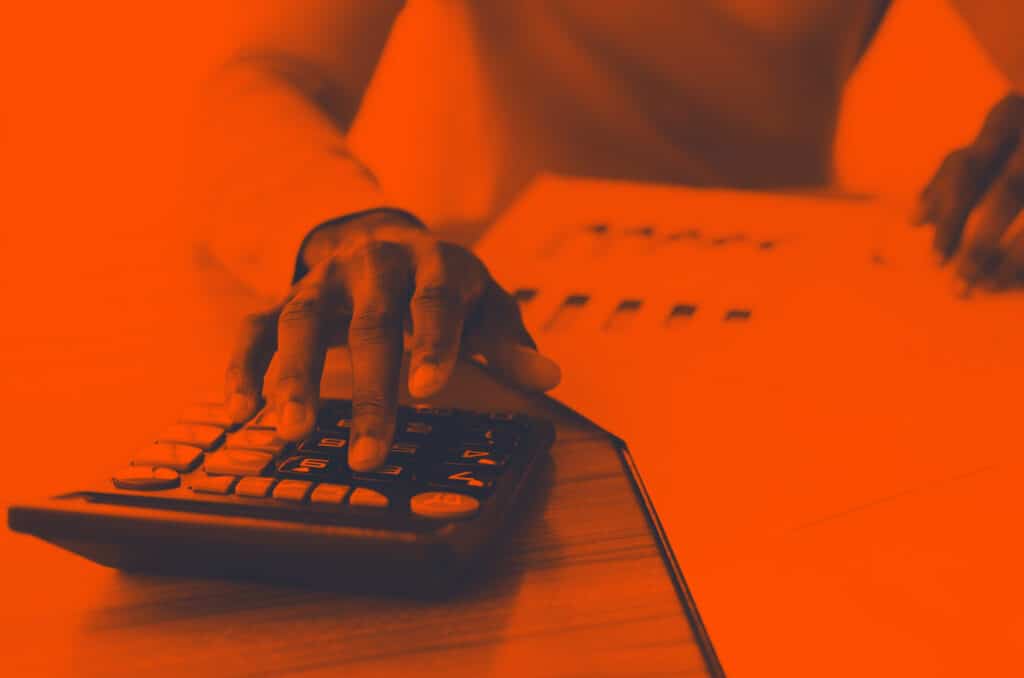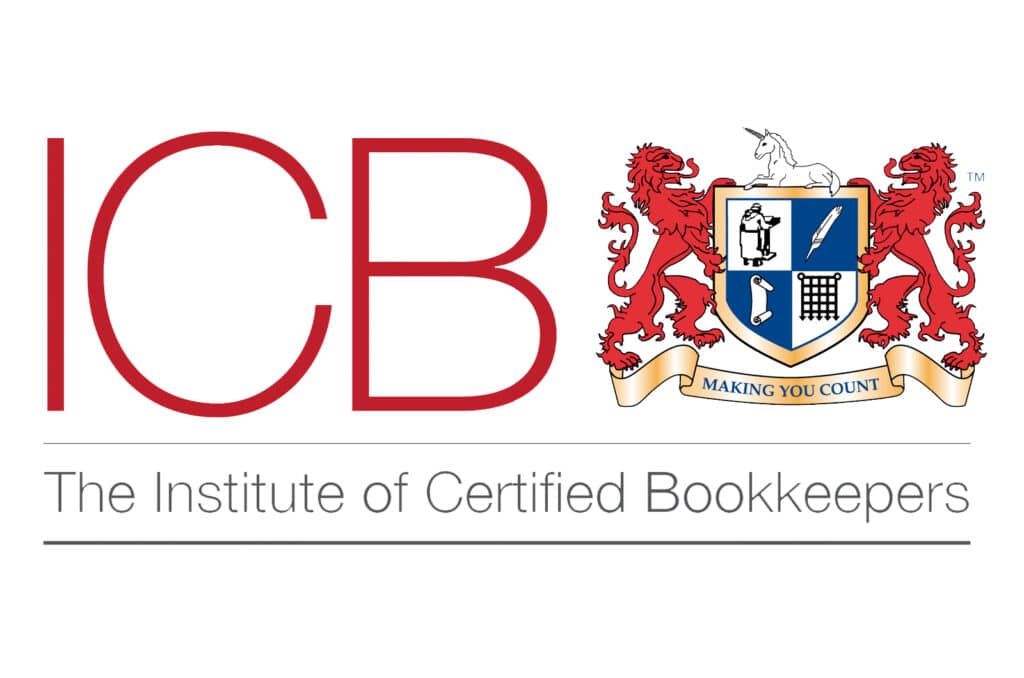Bookkeepers are the backbone of any company’s success. All businesses must keep a record of their financial transactions because, well, it’s the law. But it’s just as important because keeping track of where cash flows in and out of the business is the only way to know if it can continue operating and turn a profit. In this article, we advise you on how to become a bookkeeper. So, let's get started.
A trusty bookkeeper will highlight any red flags before they become a big problem, chase late payments, manage suppliers, monitor sales, and distribute income. So, if you think about it, a business can’t run without the organisational skills of a bookkeeper. There are many opportunities for ‘keeping books,’ whether you want to be self-employed, providing services to your own clients or working for a firm of accountants managing transactions for their companies.
What is a bookkeeper?
In simple terms, a bookkeeper is a professional hired to maintain an accurate and detailed record of all business financial data. This job entails a high level of trust and responsibility, as bookkeepers have access to a company’s bank accounts to report transactional activity. They’re comfortable with numbers, spreadsheets, and computer software and extremely organised as they monitor payments and deposits. The reports bookkeepers produce must be accurate, as important decisions will be based on the data they provide.

Whilst a bookkeeper’s job varies depending on whether they work for a small business, a large corporation, or themselves, daily activities involve the same goals and outcomes. Billing is one of the most prominent tasks, regularly sending invoices to clients, keeping track of when payments are due, and following up with customers and suppliers for bills.
Then, payments need to be deposited, and a record of this goes into the company’s financial ledger. Alongside invoices, bookkeepers also scan and file receipts to keep an electronic record of all company purchases made by employees. This may involve reimbursing staff for expenditures, such as travel costs, business lunches, and hotel stays. Maintaining an organised system for all expenses allows bookkeepers to accurately report on spending and helps businesses assess their outgoings, make cutbacks, and allocate budgets. And all this needs to be discussed with department managers and business owners, therefore regular communication is key.
Bookkeepers must understand budget needs and constraints, overheads, and inventory needs, such as rent and office supplies, so that outgoings can be justified. Therefore, they’ll spend a chunk of their working day in meetings, making phone calls, and writing emails to relevant co-workers or clients.
What skills do you need to become a bookkeeper?
Being good at maths is the most important thing for bookkeeping! We’re not talking about algebra and geometry, just good old-fashioned numeracy skills. What’s more, you need good attention to detail when working with numerical data, ensuring that your calculations and reports are accurate and free from human error.
Thankfully, bookkeepers work with specific IT software to improve their efficiency. For that reason, having experience and confidence with computers is beneficial, and most bookkeeping courses will train you to use the relevant software. Maintaining financial records is still a consuming task though, so you should have good time-management skills, too.

Bookkeepers are comfortable initiating conversations with lots of different people and leading discussions as they interact with a variety of colleagues and professionals on a daily basis. And it’s not just about being confident in spoken and written communication, but also being approachable and easy to understand. When explaining financial information to department heads, you need to be able to break it down in laymen's terms so that everyone involved fully grasps the situation. As a result, bookkeepers are highly trustworthy, showing discretion when needed and keeping sensitive information private between only those who need to know.
With an analytical mind and good judgement, they can report on anything that seems not quite right and suggest a solution. However, above all these abilities, bookkeepers need to have a willingness to learn. Software and bookkeeping practices adapt and improve all the time, therefore it’s the bookkeeper's role to stay on top of developments so that you can suggest the best approach to help your employer or client’s business.
What qualifications do you need to become a bookkeeper?
The good news is that you don’t need to go to university to become a bookkeeper, as most professionals are qualified at diploma or certificate level. And whilst you can land an entry role without the relevant qualifications, employers will usually expect you to know standard bookkeeping practices. That’s why, to guarantee career success, it’s recommended that you complete a recognised bookkeeping qualification before beginning the job hunt. This is also essential if you want any credibility as a self-employed bookkeeper. Luckily, most bookkeeping courses can be studied online, so you can gain the necessary credentials in your own time and space.

When researching courses, you need to first check if they’re accredited by a relevant awarding body, such as The Institute of Certified Bookkeepers. The ICB is the largest bookkeeping institute in the world and offers accredited courses through different learning providers. Once qualified, you can become a member of the ICB to receive ongoing support from their community and enhance your professional status. ICB bookkeepers are highly respected in the industry.
You can begin your studies by taking the ICB Level 2 Certificate in Bookkeeping to learn the basics of double-entry bookkeeping practices. From there, most learners will progress to the ICB Level 3 Bookkeeping and Accounts, to understand reconciliation and account management. At Oxbridge, you can enrol on both the Level 2 and Level 3 courses as a bundle, offering the best value for learners wanting to become an ICB associate bookkeeper or work in payroll.
What are the benefits of becoming a bookkeeper from home?
Bookkeepers will always be in demand, so it’s a great industry for job security, as it’s essentially a recession-proof career. Why? Because regardless of the economic climate, businesses must still follow the law by producing accurate financial records. It’s how they stay afloat.
What’s more, you can be your own boss in a bookkeeping career, enabling you to work flexible hours around your family life and other commitments. In some cases, that means less commuting, maximising your time and efficiency.
Another benefit is that it’s a career that has many progression routes and increased earning potential with experience. Finally, not to be underestimated is the sheer sense of pride and satisfaction most bookkeepers get from putting everything in order. If you get a buzz from being tidy, organised, and in control, this could be the perfect job for you.
How much does a bookkeeper make?
The average annual salary for employed bookkeepers in the UK is £25,000 - £27,000, but this depends on how large the company is, and what sector it's in. If you would rather run your own bookkeeping business, you need to be prepared to work your way up. The more experience you have, the higher you’ll be able to charge for hourly rates; freelance bookkeepers usually charge between £15 and £30 per hour. So, depending on whether you want to work full- or part-time, you have the potential to earn over £50,000 a year if you average a 40-hour week at the highest rate. And remember, positive client reviews and feedback on your website will make all the difference, too!
How much does a bookkeeper earn?
£50,000
experienced
£27,000
established
£25,000
beginner/apprentice
What career progression can you expect as a bookkeeper?
There is certainly career progression for bookkeepers, whether you want to become an industry specialist or a manager overseeing many accounts and bookkeepers. Generalists offer a full spectrum of services to all types of clients, whereas specialist bookkeepers work with specific businesses, offering targeted and relevant services for their industry. The benefit of choosing the latter route is that you can develop services to meet clients’ specific needs, therefore increasing your value more than the average bookkeeper. This gives you an advantage when competing with other freelancers for work opportunities.
Specialist bookkeepers tend to hone in on a particular industry, such as retail, construction and trade, or media and entertainment, to name a few. This is because whilst the tasks of a bookkeeper remain the same, different sectors face individual financial challenges that need addressing. On the flip side, generalist bookkeepers can choose from a wide range of clients.
With continual professional development and more skills under their belt, bookkeepers can work as accountants and payroll administrators, too.
What's the difference between a bookkeeper and an accountant?
Put simply, bookkeepers handle the daily task of recording all financial transactions, such as purchases, sales, bills, and salaries, focusing on recording and organising the data. On the other hand, accountants focus on the interpretation of that data, providing business owners with financial insights based on key information gathered; it’s more subjective than bookkeeping and requires business skills for presenting forecasts, financial plans, and money-saving strategies. It’s beneficial to be qualified in both bookkeeping and accounting.